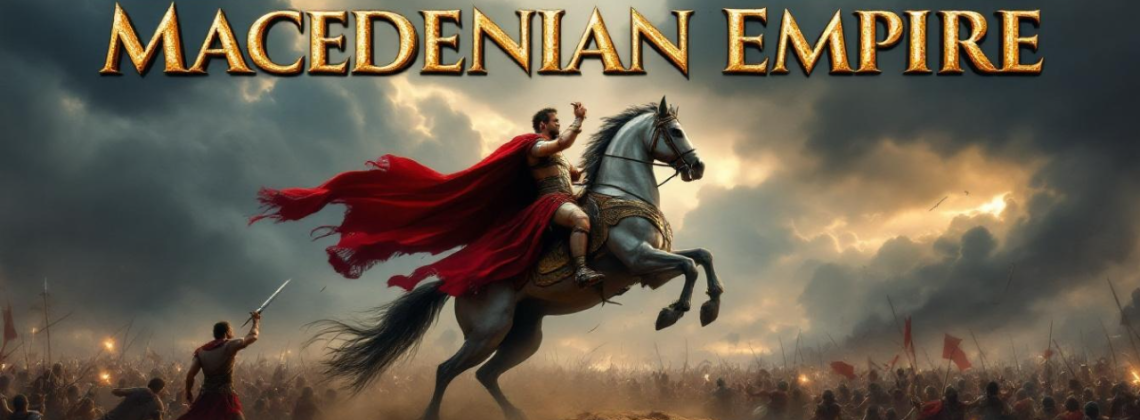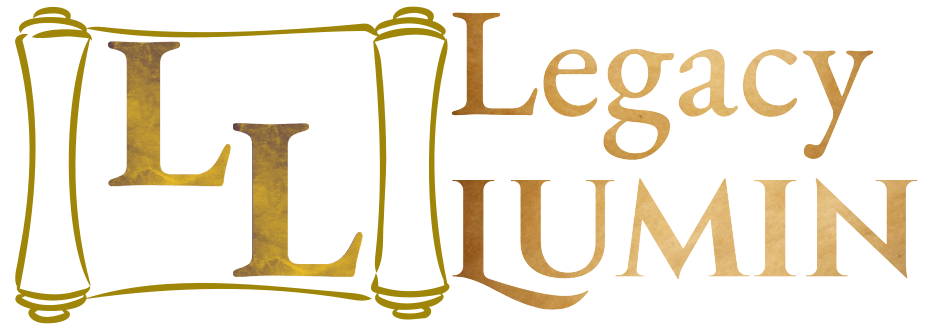
In the annals of history, few empires have risen as rapidly or burned as brightly as the Macedonian Empire. From humble beginnings in the rugged mountains of Northern Greece, this kingdom transformed into a global superpower that reshaped the ancient world. It’s a story of ambition, innovation, and conquest—a tale of two remarkable leaders: Philip II and his son, Alexander the Great. Let’s take a closer look at how this small kingdom rose to dominate the known world and the legacy it left behind.
Before the Glory: Macedon’s Humble Beginnings
In the early days, Macedon was far from the cultural and military powerhouse we associate with its name today. Nestled in Northern Greece, it was seen by the southern city-states—Athens, Sparta, and Thebes—as little more than a backwater. The people of Macedon were rugged mountain folk, considered semi-Greek at best. However, this perception was about to change with the arrival of one man: Philip II.
Philip II: Strategist, Diplomat, and Revolutionary
When Philip II ascended the throne, Macedon was weak, surrounded by enemies, and struggling to maintain its sovereignty. Yet, Philip was no ordinary king. He was a visionary leader who combined strategic brilliance with diplomatic finesse. One of his most significant contributions to military history was the introduction of the Macedonian phalanx.
The phalanx was a tightly organized infantry formation armed with the sarissa, an 18-22 foot spear that dwarfed the shorter hoplite weapons used by the Greeks. This innovation, paired with relentless training, created an army that moved as a single, invincible unit. Backing the phalanx were elite cavalry units, such as the Companion Cavalry, which provided heavy shock power on the battlefield.
Philip’s military reforms reached their zenith at the Battle of Chaeronea in 338 BC, where he crushed the combined forces of Athens and Thebes. This victory marked the beginning of Macedon’s dominance over Greece. With the formation of the League of Corinth, Philip united the Greek city-states under his leadership, laying the groundwork for an unprecedented campaign: the invasion of the Persian Empire.
The Torch Passes to Alexander the Great
Just as Philip’s vision was coming to fruition, tragedy struck—he was assassinated. His 20-year-old son, Alexander, inherited the throne. Despite his youth, Alexander was no ordinary ruler. Tutored by the philosopher Aristotle, he combined intellectual prowess with unmatched charisma and fearlessness. His ambition? To achieve greatness and expand his father’s dream.
In 334 BC, Alexander began his campaign against the Persian Empire with a force of 40,000 troops. His first major victory at the Granicus River set the tone for the conquest. Despite being outnumbered, Alexander demonstrated tactical brilliance, using his phalanx to pin enemy forces and his cavalry to deliver decisive blows.
Conquering the Known World
Alexander’s victories at Issus and Gaugamela further solidified his reputation as a military genius. At Issus, he faced the Persian king Darius III and triumphed despite being heavily outnumbered. At Gaugamela, he executed one of history’s most brilliant battlefield maneuvers, defeating a Persian army of over 200,000 soldiers. By the age of 25, Alexander had conquered the Persian Empire, a realm that stretched from Turkey to India.
But Alexander’s conquests didn’t stop there. He marched into Egypt, where he was welcomed as a liberator, and founded Alexandria—a city that would become a beacon of culture, trade, and science. He then turned eastward, where he faced King Porus at the Battle of the Hydaspes River in India. Even war elephants could not stop him. However, after years of relentless campaigning, Alexander’s troops, weary from years of battles and thousands of miles marched, demanded to return home.
The Empire Falls, but the Legacy Endures
In 323 BC, Alexander returned to Babylon, where he began planning his next campaign. However, at just 32 years old, he fell ill and died suddenly. His death marked the end of an era. Without a clear successor, chaos erupted. His generals, known as the Diadochi, fought bitterly for control, leading to the fragmentation of the empire into three major kingdoms: the Ptolemaic Kingdom in Egypt, the Seleucid Empire in Persia, and the Antigonid dynasty in Greece.
The Macedonian Empire may have crumbled, but its impact on the world was profound. Greek culture spread far beyond its traditional borders, influencing everything from Roman governance to the rise of Christianity. Cities like Alexandria became hubs of learning and innovation, and military historians continue to study the tactics of Philip and Alexander.
Lessons from the Macedonian Empire
The story of the Macedonian Empire is a testament to the power of vision and innovation. Philip II transformed a struggling kingdom into a superpower through strategic reforms and military ingenuity. Alexander the Great took that foundation and reshaped the world, demonstrating that bold ambition paired with tactical brilliance can overcome even the greatest odds.
- Leadership matters: The charisma and vision of Philip and Alexander were the glue that held the empire together.
- Innovation is key: The Macedonian phalanx revolutionized warfare and provided a tactical edge.
- Cultural integration is challenging: Alexander’s dream of a unified empire blending East and West struggled to survive due to cultural differences.
Conclusion
The Macedonian Empire was a shooting star—brief but unforgettable. It reshaped the ancient world and left a legacy that endured long after its fall. From the brilliance of its military strategies to the spread of Hellenistic culture, its impact is still felt today. What lessons can we draw from this remarkable chapter in history? How can we apply the vision and innovation of leaders like Philip and Alexander in our own lives?
